
A study by researchers at Brown University has found a quarter of posts about climate change on Twitter were written by bots. Bots are computer programs that can masquerade as humans to post or send messages on social media. Researchers discovered tweets posted by bots created the impression there was a high level of climate change denial.
The paper detailing the finds has not yet been published and was first reported by The Guardian newspaper.
The research team analysed 6.5 million tweets from the period surrounding President Donald Trump’s June 2017 announcement that he was removing the United States from the Paris climate accord.
The finding showed 25% of tweets on climate change were likely posted by bots...
Read More


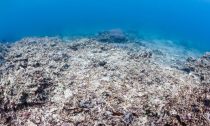

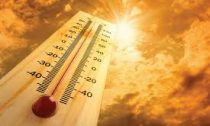
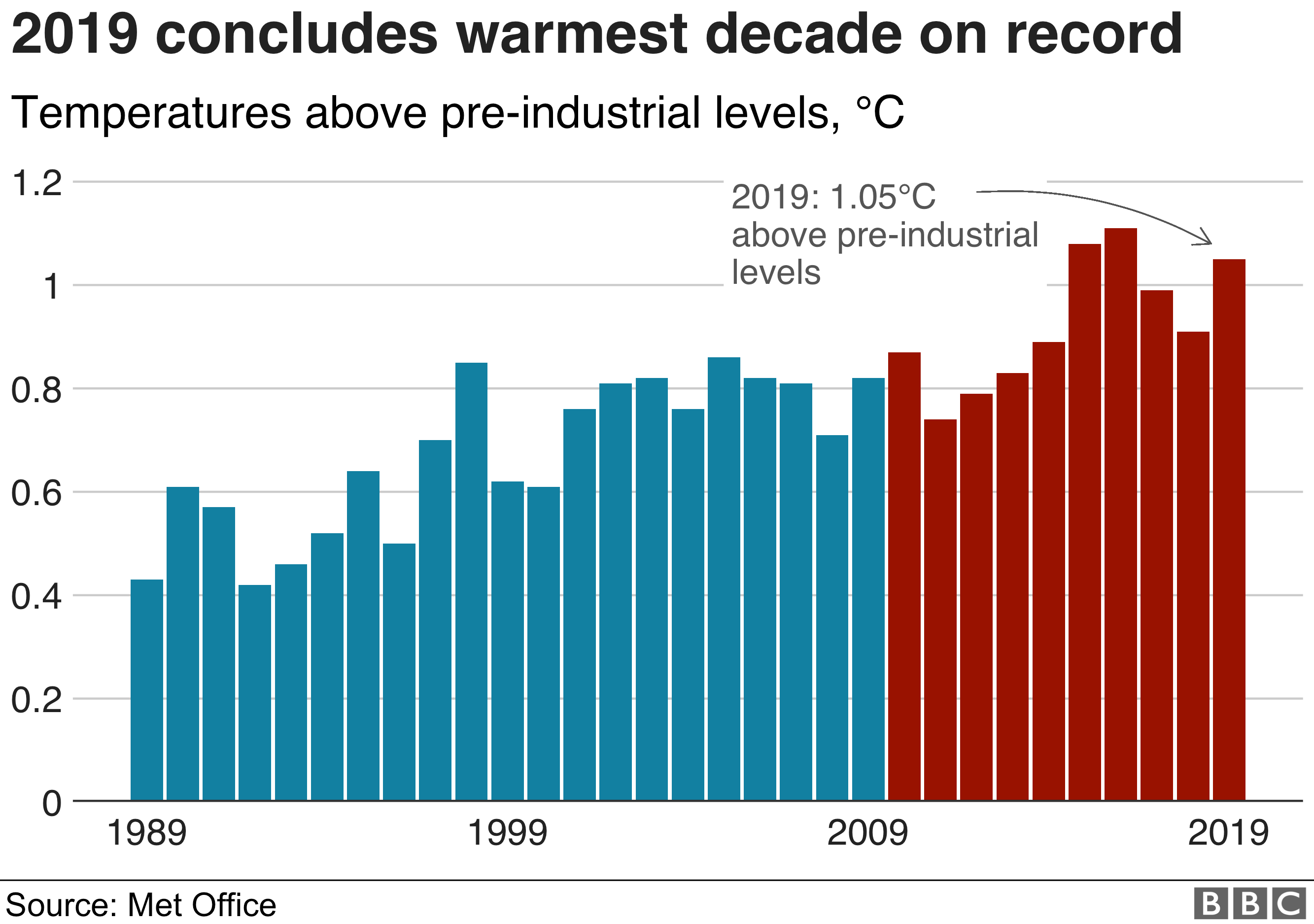



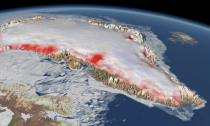
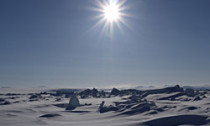


Social Profiles